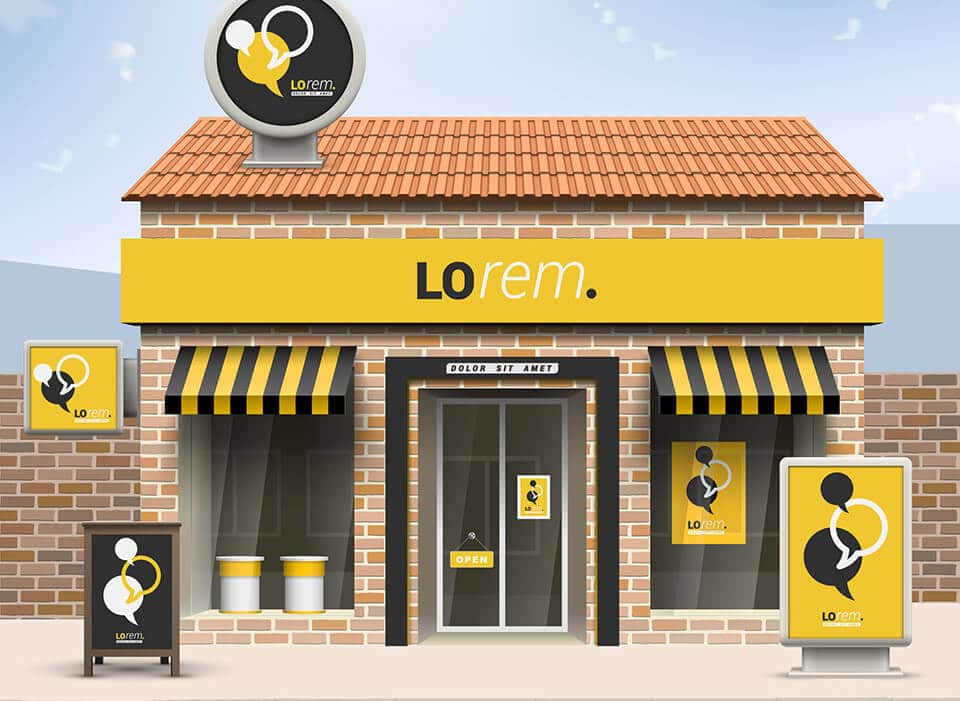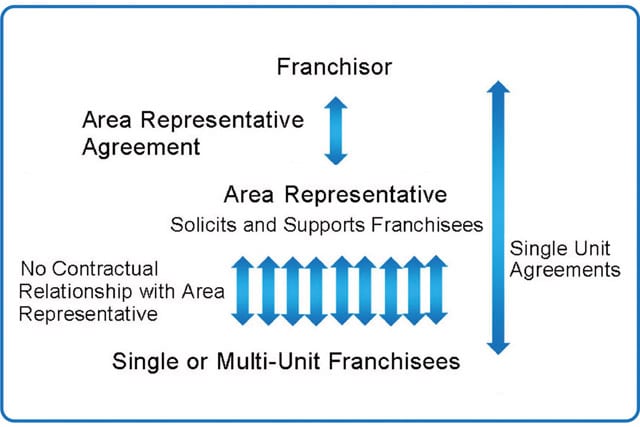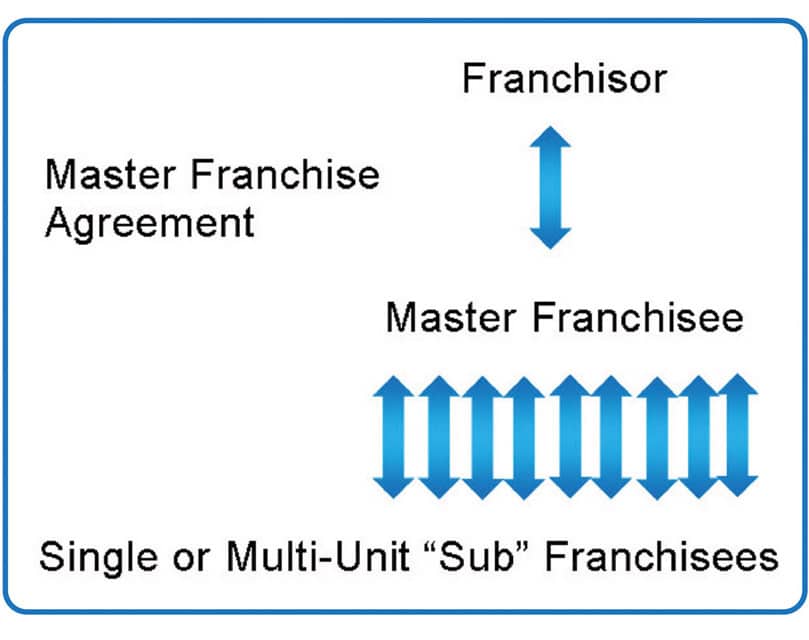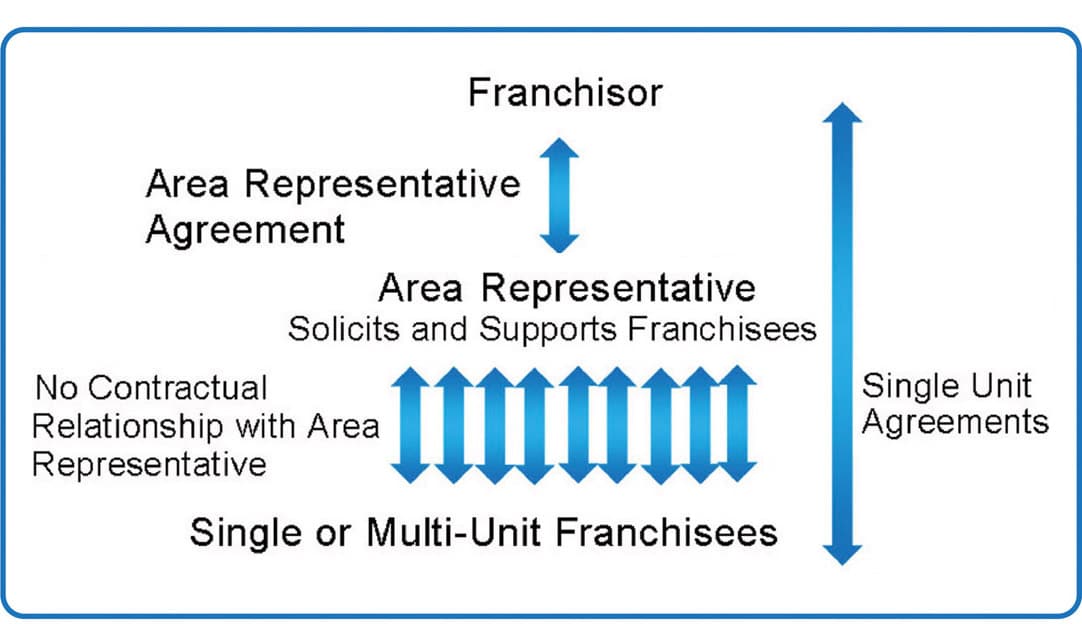Smart franchisees investigate the costs in their area and modify the franchisor's projections based upon the reality of their markets.
The Basics of Franchising
Franchising is a system for expanding a business and distributing goods and services, and is based on a relationship between the brand owner and the local operator to skillfully and successfully expand.
As a franchisee, you are agreeing to follow someone else’s operating system, including specific requirements for marketing, suppliers, and the products or services you offer.
Only you can determine whether becoming a franchisee is right for you and your family. Do your due diligence before making a life-changing investment.
Franchising is life-changing for countless new business owners - but only those who understand the fundamentals of franchising are likely to succeed.
Franchisors must provide the presale disclosure document (FDD) to prospective franchisees so that they can make an informed decision prior to entering into a franchise relationship.
Franchising is the dominant creator of small independently-owned businesses in the United States, and has been for decades, with 800,000 franchises in more than 120 industries employing over 9 million.
Every franchise is governed by the terms of a contract between the licensor - the franchisor - and a licensee - the franchisee. This contract is called the Franchise Agreement.
The Franchise Agreement is signed by both parties upon completion of the deal to do business together. In contrast, the FDD is presented prior to the final agreement. Both must be understood.
The various types of franchise relationship structures and how they function, from single-unit and multi-unit franchising, to master franchising and area representatives, as well as other franchise options.
In most franchise systems, the “financial relationship” element is usually met in two ways: a one-time Initial Franchise Fee and an ongoing payment Royalty Payment.
When you enter into a franchise agreement as a franchisee, you will typically be agreeing to pay the franchisor a variety of one-time and ongoing fees.
How can you tell what is a genuine home-based franchise opportunity, and what is not? As with any business opportunity, it is imperative that you do your due diligence before you invest.
Three important but too-often overlooked realities that anyone interested in becoming a franchisee needs to know BEFORE engaging in the process.
The key to choosing the right opportunity for the next phase of your life is to ask yourself some very important questions.
In franchising, there have historically been two general types of franchisees: Single-Unit and Multi-Unit. Historically, Single-Unit Franchisees have been the bedrock of franchising.
In addition to the Franchise Agreement that each franchisee signs, a multi-unit developer enters into a multi-unit development agreement with the franchisor.
Many people get confused when comparing business opportunities ("Biz Ops" and franchise opportunities. On the surface they may seem similar, but are quite different.
If you are considering becoming a franchisee, be aware that most of the "business advisors" serving the franchisee community are actually franchise brokers.






















